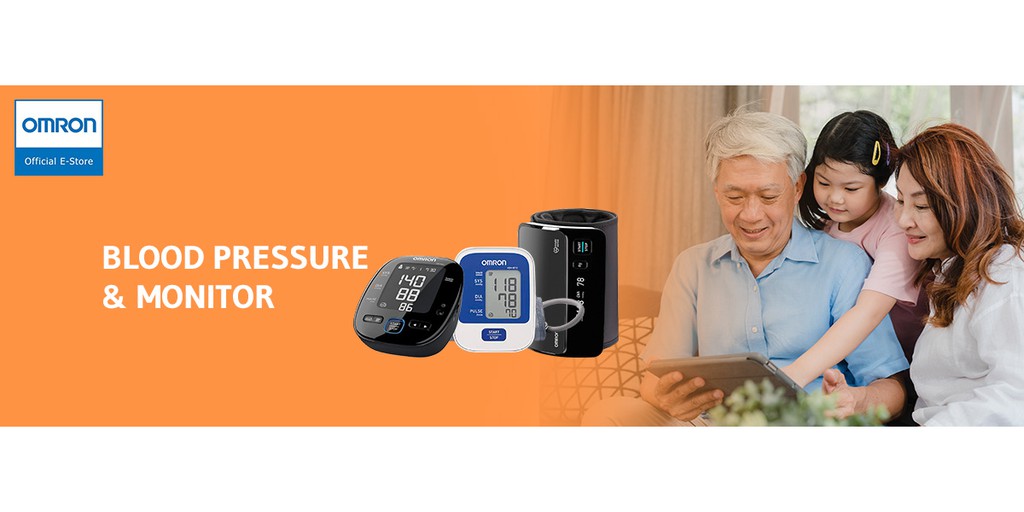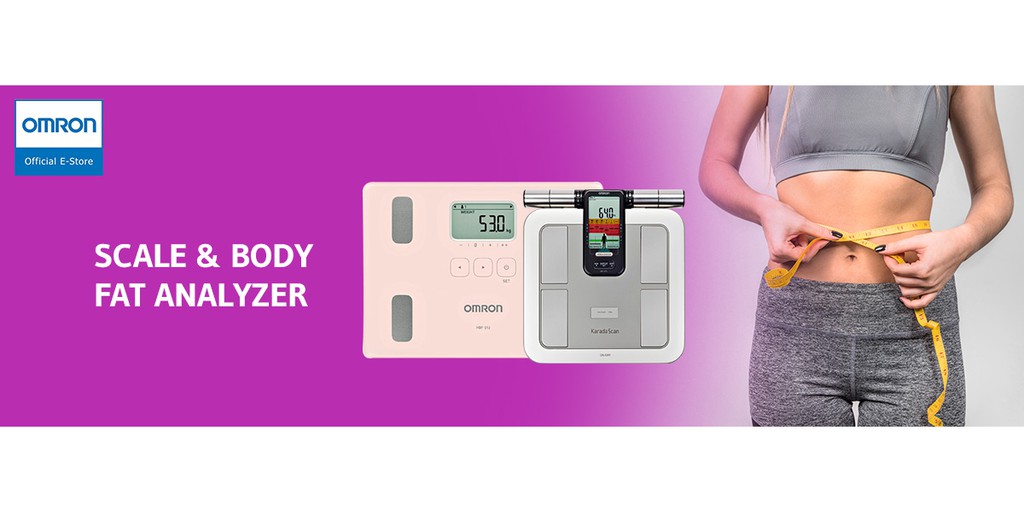Hepatitis C Antibody medical test
Learn about Hepatitis C Antibody medical tests, including what the tests are used for, why a doctor may order a test, how a test will feel, and what the results may mean.
What is Hepatitis C Antibody test?
A hepatitis C antibody test is used to find out if you are infected with the hepatitis C virus (HCV). When your body is infected with a virus, it produces antibodies to fight the virus. The hepatitis C antibody test looks for antibodies that the body produces in response to the presence of HCV.
What the Hepatitis C Antibody test is used for?
Every adult who is 18 years of age or older should have this test at least once to screen for HCV. You may also need this test if your healthcare provider suspects that you have HCV. If you are infected with HCV, you probably won't have any symptoms at first. Consequently, the CDC recommends having the test if you:
- Ever injected illegal drugs
- Had a blood transfusion or organ transplant before 1992
- Received clotting factor concentrates for hemophilia before 1987
- Are the child of a mother with HCV
- Have been a sexual partner of someone with HCV
- Have HIV
- If a healthcare worker who may have been exposed to HCV
How is the procedure performed?
A blood sample drawn from a vein in your arm. You may want to wear a shirt with sleeves that can easily be rolled up to make it easier to collect the blood sample.
What will be the results interprets?
An HCV antibody test is typically reported as "positive" or "negative." Results of HCV viral load testing are reported as a number of virus copies present. If no virus is present or if the amount of virus is too low to detect, the result is often reported as negative or not detected.
| HCV Antibody | HCV RNA | Interpretation |
|---|---|---|
| Negative | - | No infection or it is too soon after exposure and HCV antibody has not yet developed; if suspicion remains high, an HCV RNA test is done. |
| Negative | Positive | Early, acute HCV infection |
| Positive or weakly positive | Negative | Past infection or no infection (false-positive screen, most are weakly positive) |
| Positive | Positive | Current, active infection |


